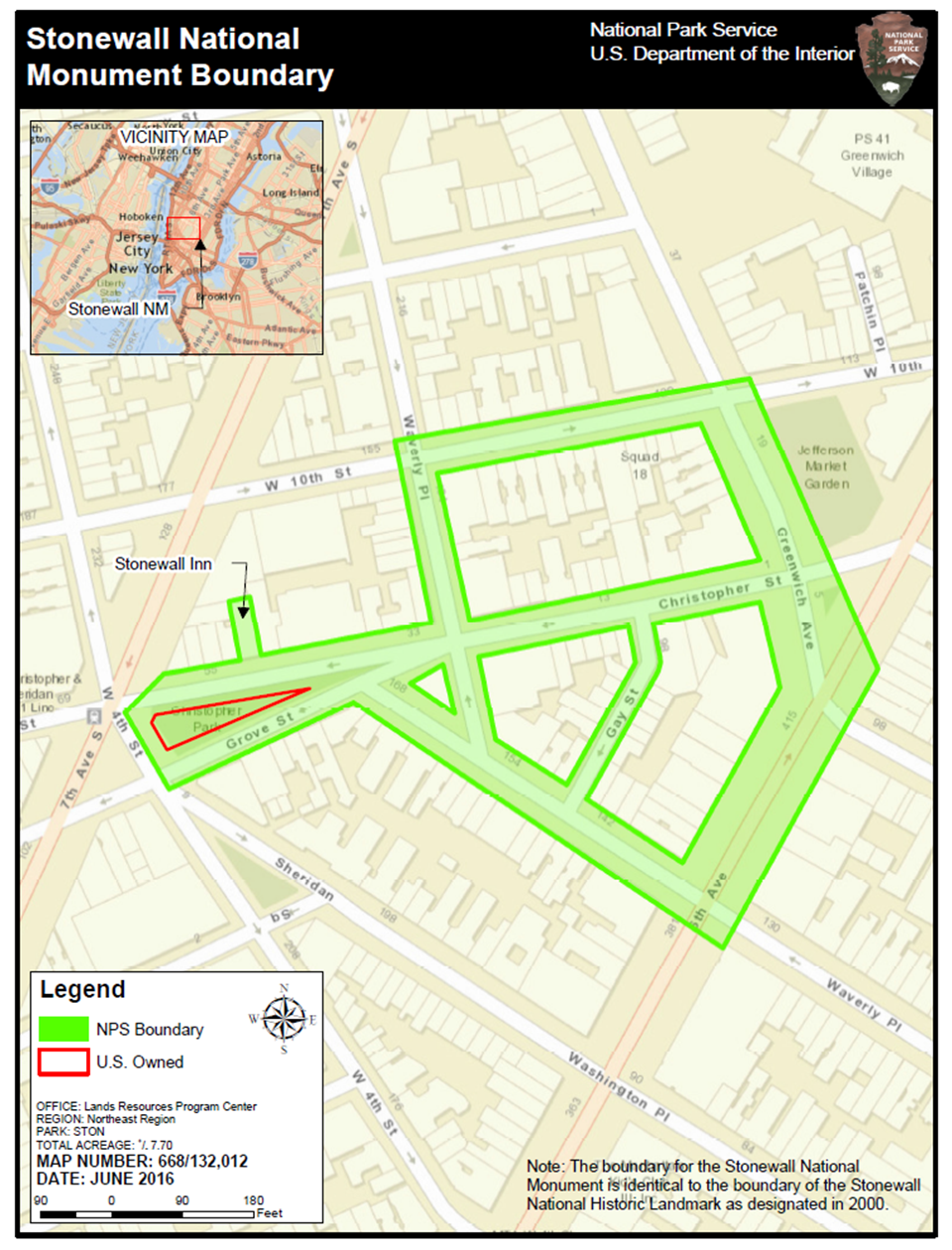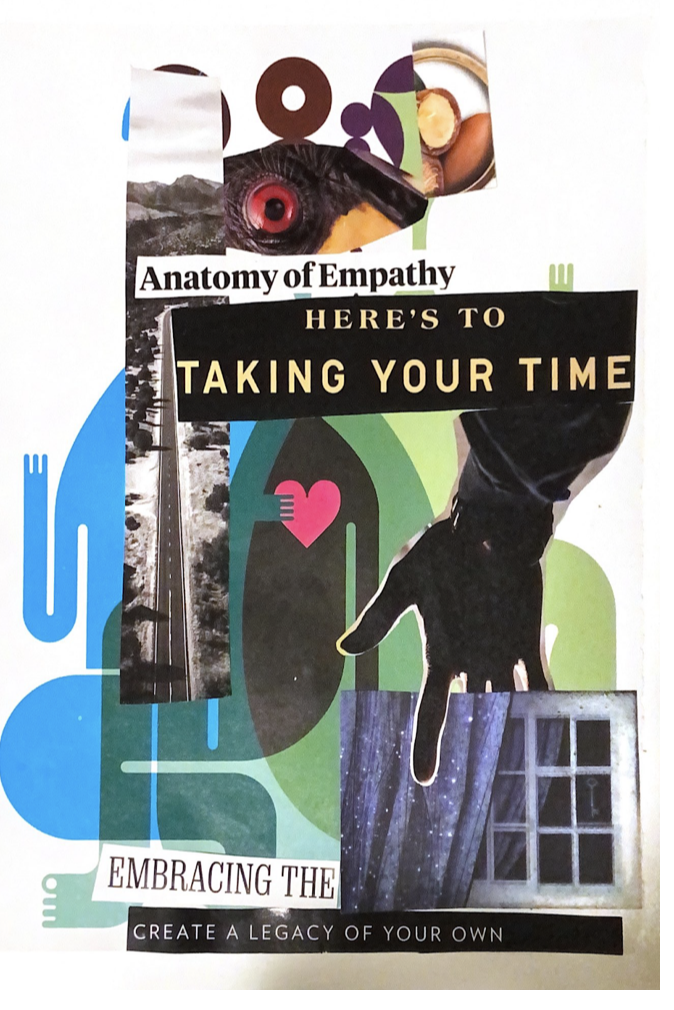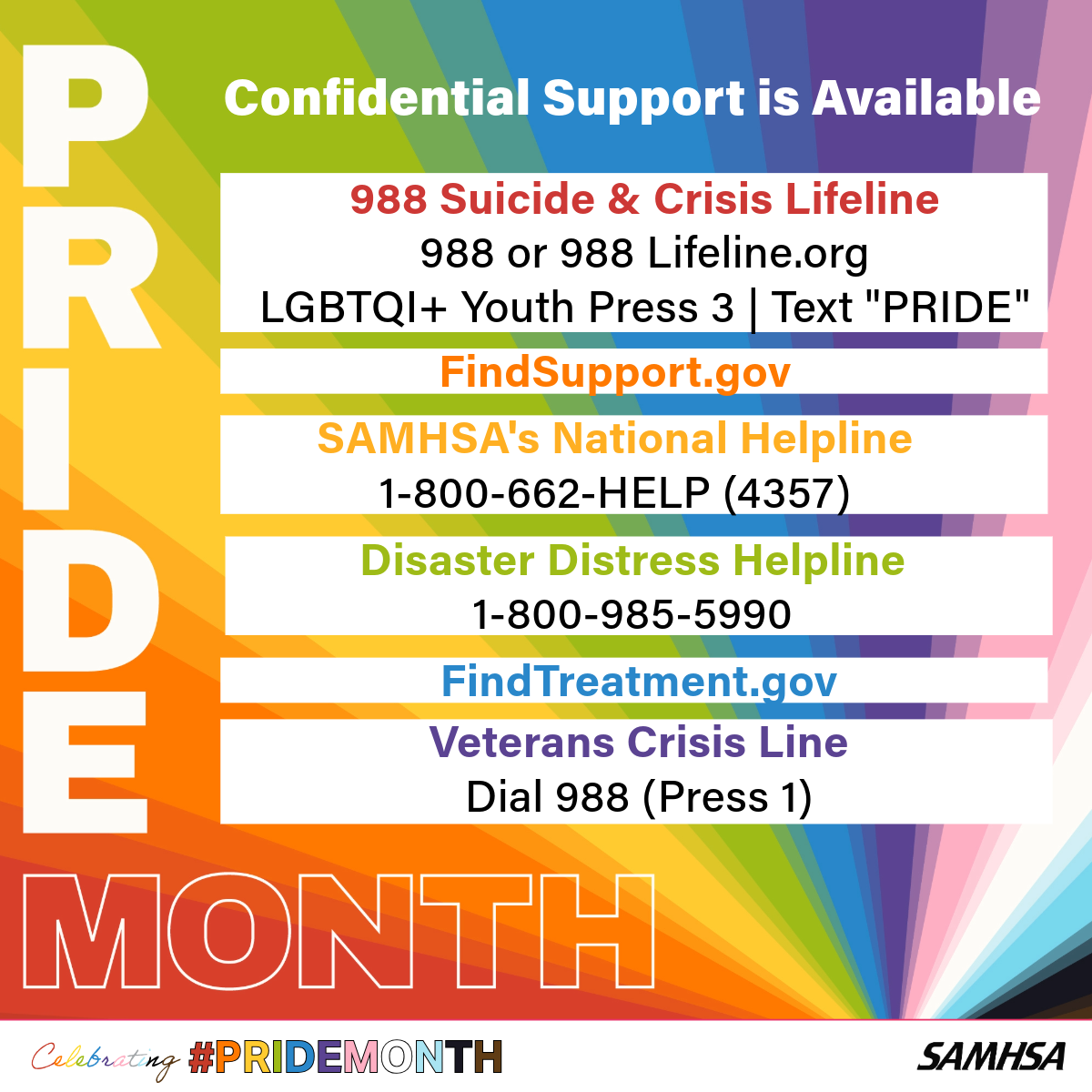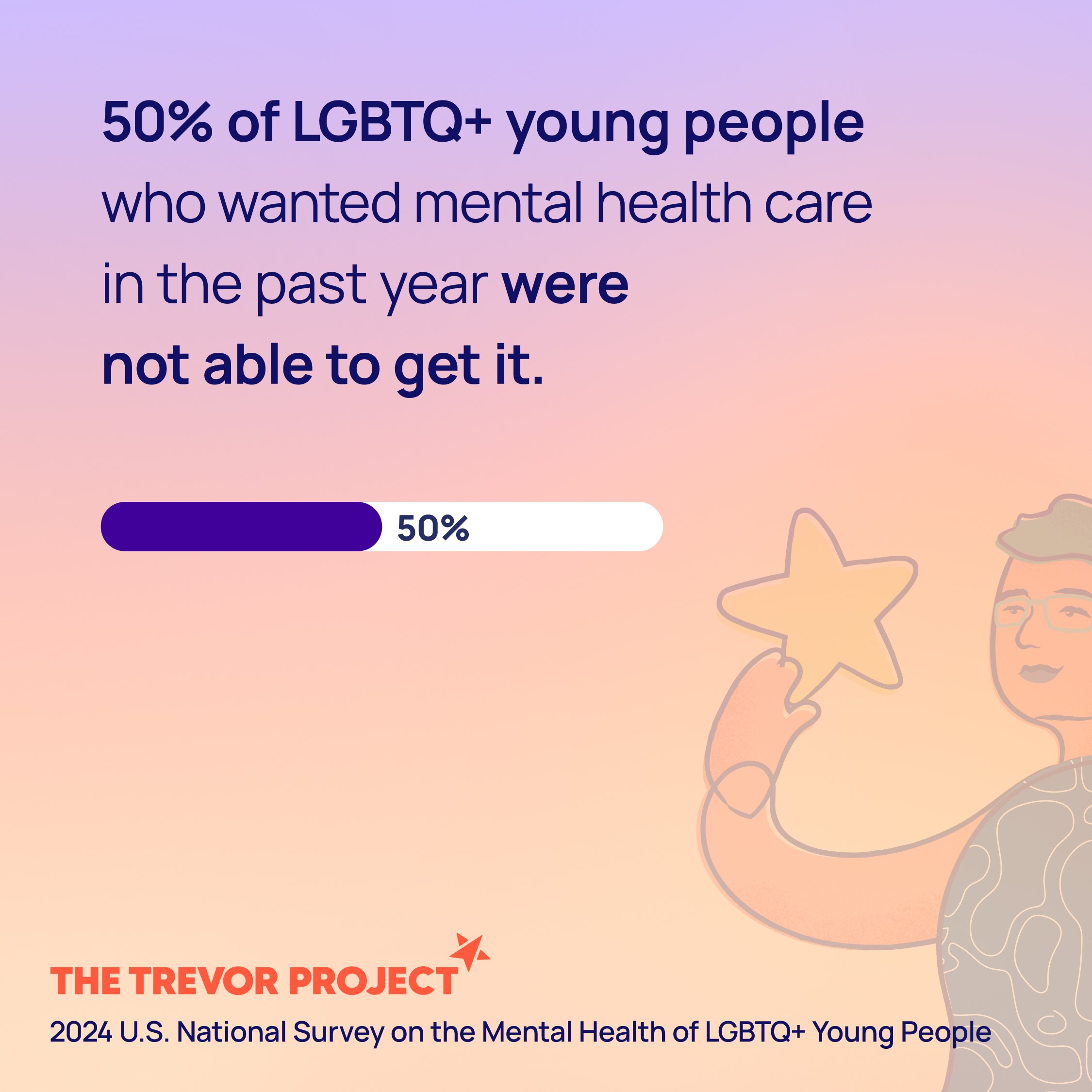June 6, 2024
Pride Month is a time for the LGBTQ+ community and allies to celebrate and embrace identity. For art therapists and the mental health community, it’s an opportunity to reiterate our support for safe and inclusive environments for all people to thrive. As anti-LGBTQ+, and in particular anti-trans, legislation continues to be introduced and discrimination and hate-based crimes continue across the country, mental health, and well-being is more important than ever.
During Pride Month, we recognize a courageous group of Americans who in June 1969 rose up to protest the violence and marginalization they faced in what we now call the Stonewall Uprising. What began as a police raid at a gay bar unfolded over the next six days to “fundamentally change the discourse surrounding LGBTQ+ activism in the United States.”
As we celebrate Pride this year, we are reminded of the work that must continues. 500 anti-LGBTQ+ bills were proposed in both 2023 and 2024 in state legislatures across the country. The HRC (Human Rights Campaign) declared a national state of emergency last year for LGBTQ+ people in the U.S. for the first time in its 40-year history.
On June 24, 2016, the 47th anniversary of the Stonewall Riots, President Barack Obama established the first LGBTQ+ U.S. National Park site on the 7.7-acre surrounding the Stonewall National Monument. >

AATA Members: Please join us for a special All-Member Meeting on June 26, which will include a mini-learning session to honor Pride Month. AATA Board Member Michael Galarraga, LPC, ATR-BC, CSAC, CSOTP, and AATA Retired Member Dan Anthon, MA, ATR-BC, LCPC, will lead a discussion about what Pride means for art therapists across the generations reflected in our membership and how art therapists can continue to expand their meaningful work with Queer and Trans people. Michael and Dan will lead an interactive art-making experience alongside the discussion. Register here.
Resources from the Art Therapy Community
By Magdalena Karlick, Ph.D-c, ATR-BC, LPCC
The current anti-trans legislation around the nation is terrifying: denial of gender affirming care with financial, legal, and familial consequences; criminalization of drag, which has ancient and cross-cultural roots; the exclusion of trans youth from sports; and the denial of changing legal documents to affirm identity.
Our queer clients are impacted by this legislation: those who reside in the states where some of this legislation has passed or have been proposed, as well as those who are concerned that their state may be next. This is not new though, as “conscience clauses” have given mental health practitioners in some states in the US the right to refuse to offer services to queer clients.
Many clients are scared about the violence that could happen at Pride events. Some clients have experienced the rise of public discrimination as a reason to isolate.
Let’s not pathologize this fear.
“Anatomy of Empathy”,
Magdalena Karlick, 2023
Collage on paper >

By Michael Galarraga, MS, LPC, ATR-BC, CSAC, CSOTP
The LGBTQIA+ community is not monolithic and has many dynamic parts to it that continue to evolve daily. Consider how many letters are in the acronym LGBTQIA followed by the ‘+,’ signifying the inclusion and addition of more parts to the Queer and Trans communities that are developing from exploration of queerness, sexuality, and cultural changes impacted by the evolving world around us.
Holding space for the exploration of these changes in LGBTQIA+ peoples’ lives is important. Consider taking the time outside of sessions to update your own understanding of terminology and the people that terminology represents. Remember to update your forms to relevant terms representative of peoples’ identities. This is part of that baseline inclusivity that our DEI trainings teach us! This in many cases serves as the baseline of one’s capability to hold space and respect for LGBTQIA+ peoples’ identities.
Notes for Being Mindful When Working with Individuals from the LGBTQIA+ Community
By Michael Galarraga
- Be mindful of your understanding of LGBTQIA+ people and plan questions ahead of time.
- Help the client feel more welcome by creating an affirmative atmosphere.
- Ask culturally responsive questions.
- Focus on the client’s needs and what they expect and want from therapy.
- Never judge the client (this is especially so for their inner and outer presentations).
Presented by Dr. Lynn Kapitan, PhD, ATR-BC, and Alex Kapitan
Because language is power, how we use language to name, describe, represent, and “construct” others is a pressing concern in counteracting oppression. This workshop offers practice in examining language within relational ethics. Attendees will explore bias in language on race/ethnicity, gender, and disability, and construct bias-free alternatives that serve liberation.
This workshop is available in AATA’s Online Learning Academy. Participants may earn 1 CE credit.

Presented by Jenni Ford, LCPC, ATR-BC
Our individual identities are important to mental health and growth. This presentation will cover identity work, the intersection of layers of identity, and use of art therapy interventions to aid in working with clients in LGBTQIA+ populations. The session will incorporate the presentation of information as well as discussion, and art making elements throughout. There will be dedicated discussion on self-disclosure, terminology, and interventions for creative arts therapists to use.
This workshop is available in AATA’s Online Learning Academy. Participants may receive 2 CE credits.
Presented by Panelists Maru Serricchio-Joiner, PhD, LMFT, ATR-BC, Be Staub, MA, Camille Jessie, MA, and Lucy Orozco, MA
This presentation will introduce the dynamics that exist within intimate partner violence in the LGBTQIA+ community. The feminist approach, social dominance theory, and minority stress theory will be discussed to create a dialogue and highlight power imbalances and discourse within heteronormative viewpoints. Barriers to seeking treatment for this population will be discussed and recommendations will be suggested to open pathways for LGBTQIA+ community to reach safer and more inclusive therapeutic experiences.
This workshop is available in AATA’s Online Learning Academy. Participants may receive 2 CE credits.

Mental Health Resources for the LGBTQ+ Community
- OutCare Health: A nonprofit organization with services ranging from the OutList directory of affirming healthcare providers to mentorship, health equity training, community building, support groups, care navigation, and more.
- The Lesbian, Gay, Bisexual and Transgender (LGBT) National Help Center: Serving the lesbian, gay, bisexual, transgender, queer, and questioning community by providing free and confidential peer support and local resources.
- Trans Lifeline: a grassroots hotline and microgrants 501(c)(3) non-profit organization offering direct emotional and financial support to trans people in crisis.
- National Suicide Prevention Lifeline: provides 24/7, free and confidential support for people in distress, prevention and crisis resources and best practices for professionals.

Mental Health Resources for LGBTQ+ People of Color
According to HRC, over a majority of LGBTQ+ adults of color in the U.S. are facing significant mental health challenges today. LGBTQ+ high schoolers of color are also more likely to attempt suicide (27%) compared to LGBTQ+ high schoolers (22%) and non-LGBTQ+ high schoolers (5%).
- National Black Justice Coalition: NBJC is a national civil rights organization dedicated to empowering black LGBTQ individuals.
- Asian and Pacific Island Family Pride: API-Family Pride is dedicated to ending the isolation of Asian and Pacific Islander families with lesbian, gay, bisexual and transgender members through support, education, and dialog.
- Somos Familia: Somos Familia builds leadership in Latinx families and communities to create a culture where people of diverse genders and sexual orientations can thrive.
Mental Health Resources for LGBTQ+ Youth
According to the Trevor Project’s 2024 Survey, “there is a significant association between anti-LGBTQ+ victimization and disproportionately high rates of suicide risk — and that far too many young people struggle to access the mental health care they need.”
- 39% of LGBTQ+ young people seriously considered attempting suicide in the past year — including 46% of transgender and nonbinary young people. LGBTQ+ youth of color reported higher rates than White peers.
- More than half (54%) of transgender and nonbinary young people found their school to be gender-affirming.
- 90% of LGBTQ+ young people said their well-being was negatively impacted due to recent politics.

Resources to Support Youth
- LGBT National Youth Talkline – 1-800-246-7743
- TrevorLifeline – If you are a young person in crisis, feeling suicidal, or in need of a safe and judgment-free place to talk: 1-886-488-7386 or text START to 678-678
- Steve Fund Crisis Textline – Young people of color can text special keyword STEVE to 741741 to connect with a trained crisis counselor 24/7.
- It Gets Better: Identified over 1100 organizations in 40+ countries around the world offering support to LGBTQ+ youth.
- The Gay, Lesbian & Straight Education Network: supporting LGBTQ students in a school environment free from bullying and harassment.
- Parents, Families and Friends of Lesbians and Gays: The largest organization LGBTQ+ people, their parents and families, and allies.
